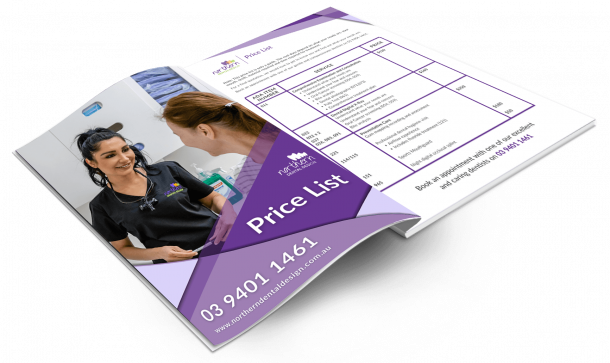From the first rotting fruit we ate from the ground, humans have liked the sensation that fermentation of sugar brings. Birds do it. (On berries and tree fruit). Bees do it. (By sticking their proboscis into fermented limes.) Educated fleas do it because after all, they’re educated.
For more than two hundred years, we’ve recognised, identified and discussed the benefits and drawbacks of drinking alcohol. In recent years, scientists have completed several studies reporting the positive effects of alcohol on our health.
Red wine for instance, contains resveratrol, an antioxidant considered a preventative of heart disease and some types of cancer. Whiskey and brandy have linked health benefits as well: lowered stress levels, and reduced risk of diabetes and stroke. Some test-tube studies have found that juniper berries, typically used to make gin, could have anti-inflammatory properties; beneficial for the relief of arthritis.
Beer is thought to reduce the possibility of kidney stones.
All seemingly, good news.
However, any level of alcohol consumption has an effect on our oral health.
Hangovers remind us with a hammer that alcohol dehydrates the body; and surprise, surprise that includes our mouth.
This drying effect gives a coated tongue – a condition that occurs when papillae, the rough texture and tastebuds of the tongue, become inflamed. There are four types of papillae and without enough saliva, bacteria and dead cells become trapped, leaving a white surface film.
Saliva of course also keeps teeth moist; this in turn helps remove plaque and bacteria from the tooth surface.
Disruptions to this process alone proffer the risk of gum disease, canker sores, tooth decay, and oral cancer.
Obviously the more alcohol consumed – whether in quantity or frequency – brings higher risk.
It’s useful to differentiate between heavy and moderate drinking and not fool ourselves.
Heavy drinking is defined as four or more drinks in one sitting for women, and five or more for men. According to the Centers for Disease Control and Prevention, a heavy drinking habit is also delineated as 8-or-more drinks per week for women, and 15 or more for men.
You don’t need a science degree to understand that the consequences of minor or moderate drinking are less severe.
In most countries in the world drinking isn’t considered a crime unless your driving and nobody’s suggesting you can’t enjoy a glass of wine or relaxing drink once in a while.
Your dentist can tell your basic drinking pattern, so there’s little point in not being honest. They’re not there to judge, but to help you retain or regain good quality teeth and gums. Being realistic about your drinking habits gives the opportunity for your dentist to offer useful hints to negate unnecessary damage that often occurs simply because of a lack of knowledge.
Liquor, cocktails, wine and beer have a high sugar content and high acidity level, both of which, as well as citrus, break down the enamel protection of teeth. Bacteria thrives on sugar, and aside from potential cavities, long term decay and an increased risk of periodontal disease, teeth become susceptible to discolouration and staining.
All of this is certainly exacerbated when we’re too drunk or too tired to brush before we collapse on the bed.
Or the couch.
The world isn’t perfect and nor are the people in it, which is why there are a few excellent preventative measures that protect your teeth when you’re feeling like a bevvy or two.
Brush before you go out. Sounds like something you wouldn’t have to mention but often the night begins after work and who has their toothbrush? Plaque and tartar are magnets for red wine, making it stick to your teeth and increasing the potential for staining. Ditto for sugars, and the dark food colouring of the most popular mixers.
Alternate sipping alcohol and water. Often we’re smart enough to do that to not get dehydrated, but it also rinses your mouth of sugars and acidity, so a double winner there..!
Dentists Agree: Alcohol Harms Your Mouth: Whether It’s Red Wine, Tequila, Vodka Or Scotch
Brush and floss when you get home if you can; if you can’t, chalk it up to a lesson learned from the brilliant night you had, and take extra care in the morning. (Or afternoon – depending on how good a time was had!)
Your dentist is a caring professional striving for close rapport with every patient. Don’t deny yourself the ability to feel comfortable enough to tell them how often you drink, and whether you are at risk of compromised oral health in the future. It gives you the chance to change some habits or incorporate some.
Dentists are a part of the medical fraternity that unanimously agree that alcohol can be harmful. There is agreement too, that drinking is a part of a lot of people’s lives that brings great pleasure – and there’s never good reason to be rid of that.





